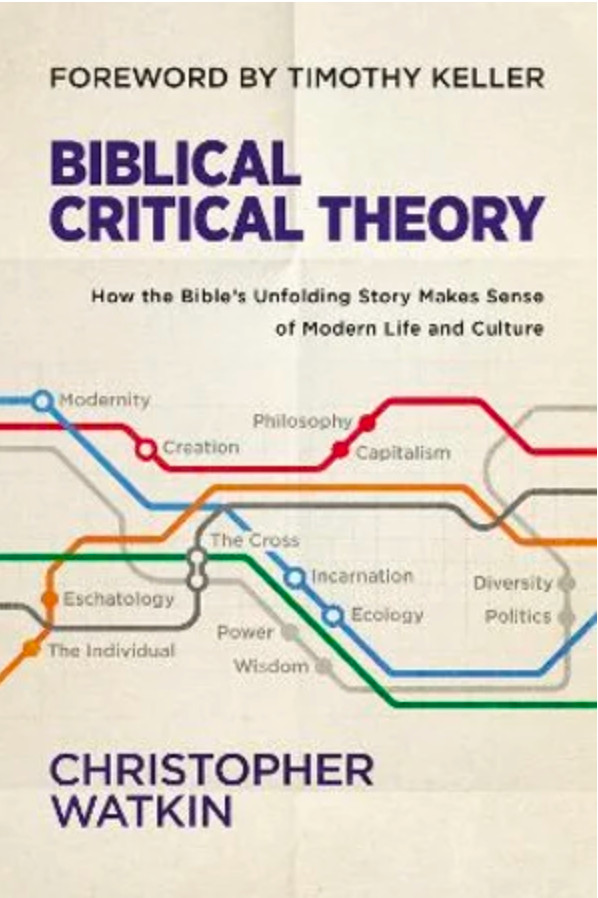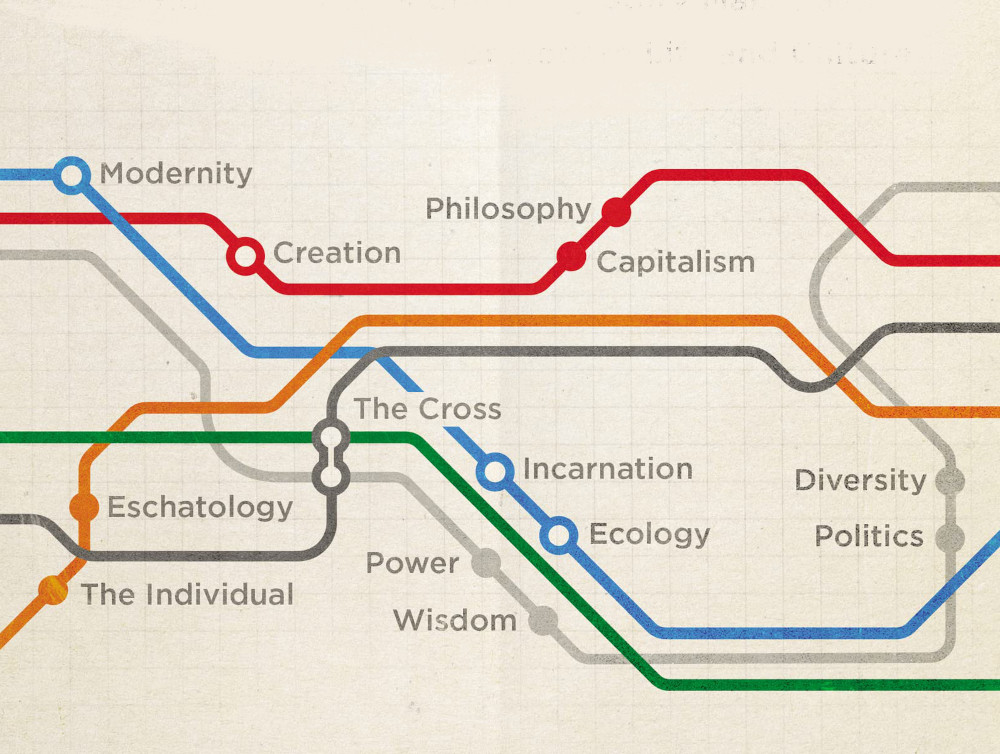Melbourne-based social researcher Dr Amy Isham on how Biblical Critical Theory, the new book by Chris Watkin would have made a big difference to her uni studies.
I always found the hysteria and fear centred around critical theory and particularly critical race theory baffling.
There were obvious flaws with the theory and its application was hard coded to view every white person as the oppressor and every non-white person as the oppressed hero waiting to be released from their shackles. Still, given this obvious flaw, it didn’t frighten me.

When developing the methodology for my PhD thesis I decided to use “critical ethnography” as the lens by which I would view my research. I knew that critical theory could miss truth while on the lookout for oppressor and oppressed and found ethnography to provide a ballast. Still, while writing my thesis and teaching undergraduate sociology I couldn’t find a Christian book on sociology that satisfied me. They either were just a reiteration of the social theory side by side with theology, which I could do myself or had a demeaning tone to their Christian analysis of social theory.
They assumed that Christians were good and non-Christians were bad. When the Christian message is that all people are both good and bad and that only Jesus is truly good.
Watkin’s book aims to provide a “patient…open-eyed engagement with culture that seeks culture’s flourishing and assumes, unless and until proven otherwise – that those who helped build it are also seeking the good, as they understand it” (Watkin, p. 27)
Watkin’s work is not only achieving a biblical critical theory but a Christian liberal arts degree in a book, with a very careful, reformed modelling of how to listen to and respond to culture biblically. Watkin recognises that the most defining difference between most churches currently is the way we engage with culture.
Some embrace culture and see all movements as good, some see every movement as something to be opposed and fought against. Watkin helps us discern between what we should be fighting, and how, and what we can enjoy as good from our culture.
This book has sold out its first printing and for a hard copy, you would need to pre-order it. But I am told the Kindle version works well!

